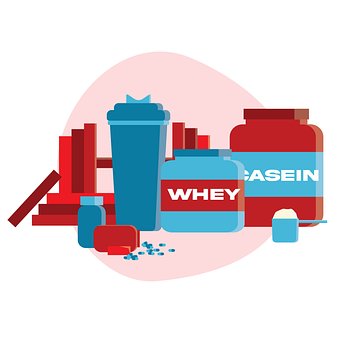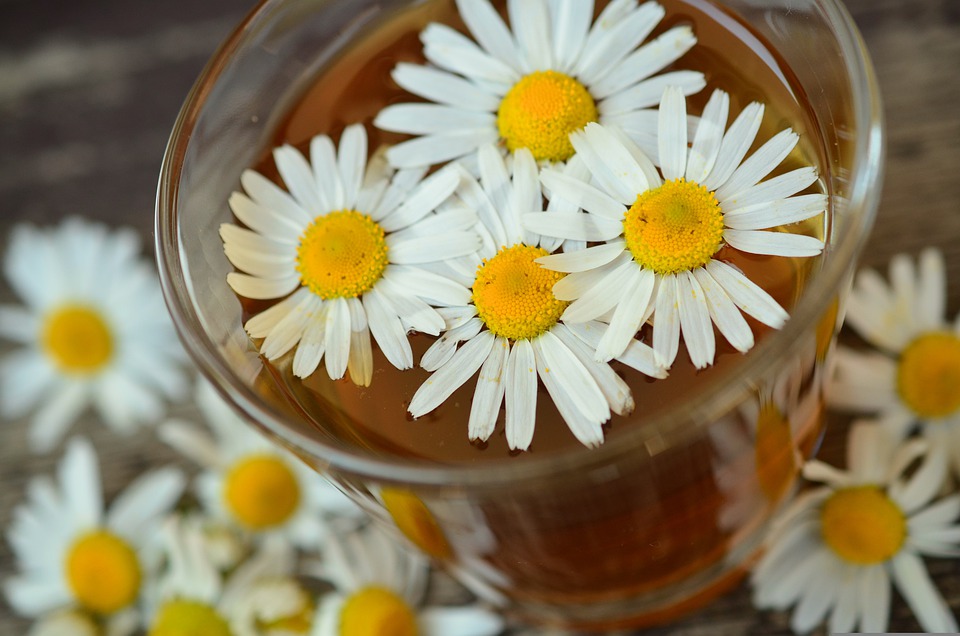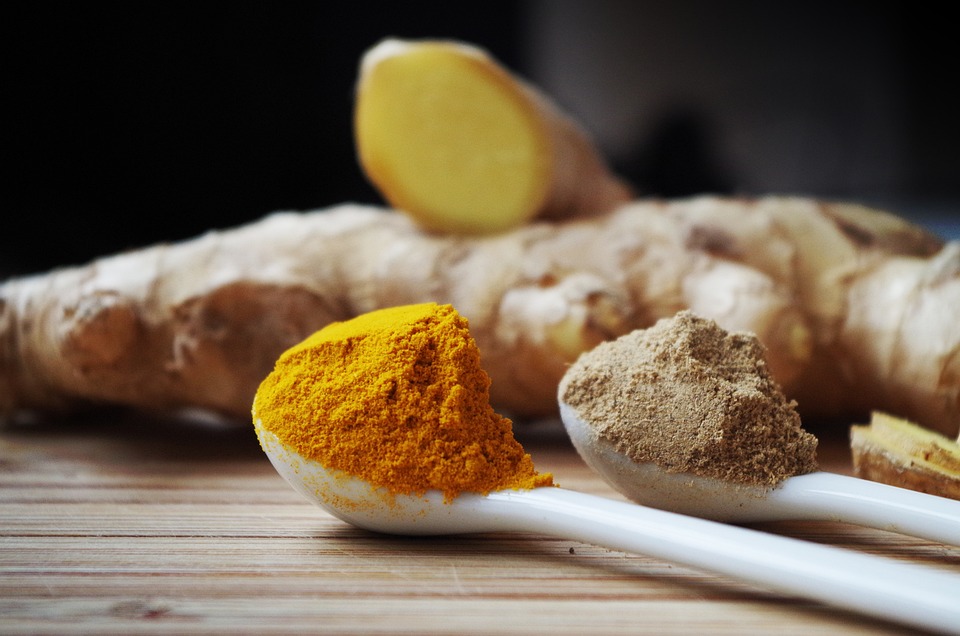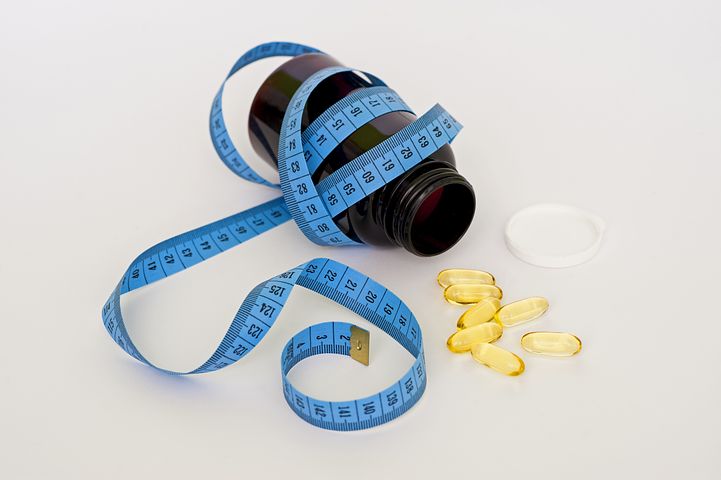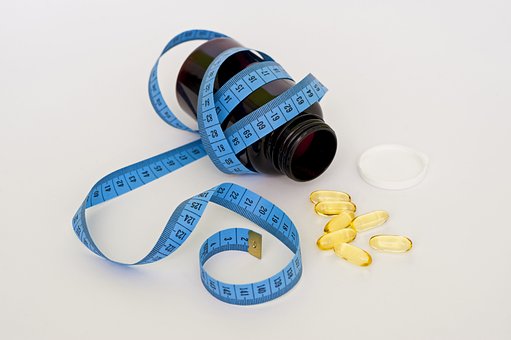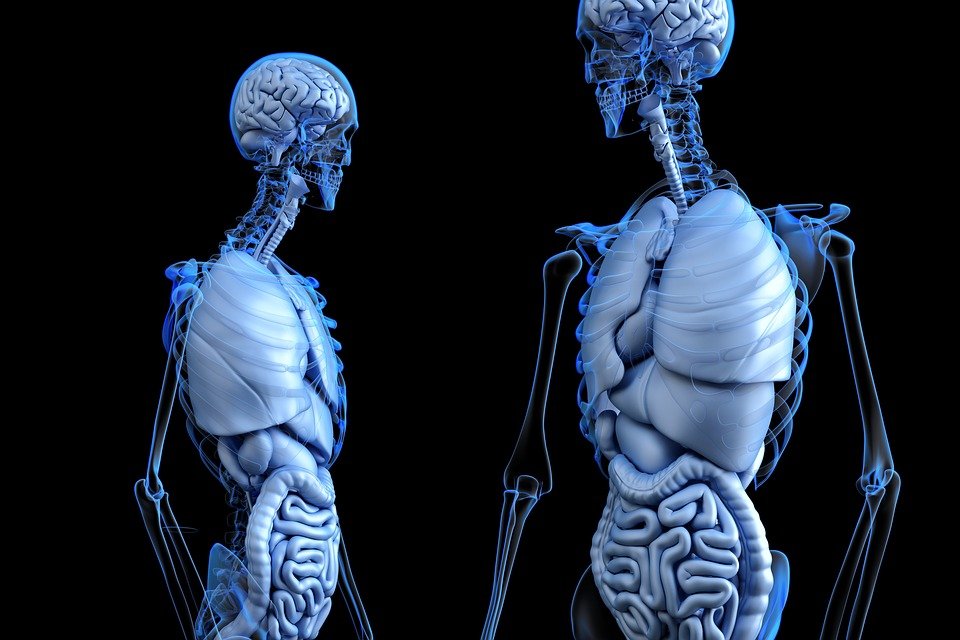
Herbal Products and Liver Toxins
The liver acts as a filter for toxins by breaking down medications into nontoxic components and flushing them out of the body.
Several common medications and supplements can damage the liver. These substances can form toxic metabolites that can damage liver cells. The liver can become so damaged that it can’t function. This damage, which causes scarring, can lead to liver failure and can even be life-threatening.
This means that there is no guarantee of how pure herbal substances are in the United States. Halegoua–De Marzio says this could have unknown effects on the liver.
5 Tips to Keep Your Liver Healthy
Because herbal products come with potential risks, it is important to take precautions if you decide to use one. Keep these tips in mind.
- Ask Your Doctor About an Herbal Product of Interest Before Taking It
If you want to try an herbal remedy, you should talk to your doctor about it first, especially if you don’t know what’s in it. If you’re already taking something, it’s important to tell your doctor everything you’re taking, including herbal teas and supplements. This will help them understand if there are any side effects. If your regular doctor can’t help you, you can try talking to a different doctor who is certified in integrative medicine.
- Beware of the Big Liver Offenders
Kushner advices to avoid supplements which have a long list of herbs in the ingredient list.
There are many different types of products that can cause liver damage, according to a review published in January 2017. These include green tea extract, anabolic steroids, and multi-ingredient nutritional supplements. “It is important to know that many different types of herbs can cause liver injury in an unpredictable way – for example, Herbalife and other weight loss herbal supplements have caused liver injury in many people,” says Kushner. A review published in LiverTox in April 2018 also highlights reports of acute liver injury caused by those taking Herbalife products, but the specific ingredients that caused the damage are still unknown.
Researchers have identified 28 herbs used in traditional Chinese medicine that may cause liver injury, according to a 2015 study published in Annals of Hepatology.
The text states that comfrey contains pyrrolizidine alkaloids that may cause liver injury if taken orally. In addition, the text states that chaparral, kava, and skullcap can also damage your liver.
- Investigate the Ingredients List of an Herbal Remedy Before Trying It
It is important to read the ingredients list on the back of supplements bottles before purchasing them, as some herbs can have negative effects. For example, milk thistle is considered safe to consume and may even help to treat liver diseases, according to the Mayo Clinic.
You should speak to your doctor before taking any supplement products. In addition, be sure to check the labels of any supplements you purchase for additional ingredients like green tea extract. Be wary of any supplements that make big claims on the label without providing a complete list of ingredients. Supplements that claim to cleanse your liver are not recommended by Johns Hopkins Medicine, as there is no evidence that they are effective and they could actually cause damage to your liver.
- Check the LiverTox Website for Background Information on Remedies
The LiverTox website, which is operated by the NIDDK, provides valuable information on hundreds of drugs that have been found to damage the liver. This regularly updated site can be used to check the ingredients of supplements to see if they may damage the liver. As always, you should consult your doctor before starting or continuing to use any supplement.
- Turn to Independent Labs That Certify Quality Supplements
The FDA does not regulate herbal remedies, so the labels may not be accurate. For example, black cohosh is often taken for menopause symptoms such as hot flashes and night sweats, but products labeled as black cohosh have been linked to liver injury in more than 50 cases. In some of those cases, the liver damage was so severe that the person needed a liver transplant or died. Scientists found that in some of the cases, the supplement actually contained a different herb from the Chinese actaea species, not black cohosh. This mislabeling may have been the cause of the liver damage.
Additionally, herbal supplements may contain unknown pharmaceutical ingredients. For example, a study published in October of 2018 in JAMA Network Open found unapproved pharmaceutical ingredients in 776 dietary supplements, which are often marketed as weight loss, sexual enhancement, or muscle-building products.
If your healthcare team suggests that you take a certain supplement, work with them to choose a brand that has evaluated by an individual lab, such as ConsumerLab, NSF International, or U.S. Pharmacopeia, Harvard Health Publishing notes. These companies certify supplements for dosage accuracy and safety.
7 Natural Supplements For Healthy Liver Function
- Milk Thistle
The seeds of milk thistle are incredibly effective at repairing and treating the liver, due to the presence of a flavonoid called silymarin.
Silymarin is an important antioxidant that optimizes liver function and detoxification, thereby protecting it.
The liver is also able to heal itself from damage caused by disease, alcohol, and drugs.
Silymarin acts as a shield, protecting the liver from harmful toxins and chemicals.
The antioxidant prevents free radicals from damaging liver cells by binding to the outside of the cell and blocking their entry. It also scavenges toxins that have already entered the cell.
The most important function of milk thistle is to increase the production of glutathione in the body. Glutathione is an antioxidant that is found in the liver in high concentrations.
Milk thistle also helps to prevent the depletion of glutathione, an important compound with ten times the antioxidant activity of Vitamin E.
- Artichoke Leaf
Artichoke leaf is eaten throughout North America, Europe, and the Mediterranean as a liver support remedy.
The text contains information about cynarin and how it can help detoxification processes in the body by increasing the production of bile in the liver. This makes it easier for various organs to remove harmful toxins such as alcohol and other chemicals.
The flavonoid silymarin, which is found in both milk thistle and artichoke leaf, is important for its liver-protecting properties.
The artichoke leaf helps people at risk of coronary heart disease by maintaining healthy cholesterol levels.
- Turmeric Root
The benefits of turmeric root are well-known. The polyphenols in turmeric root are anti-inflammatory and antioxidant. Turmeric root is also shown to be beneficial in reducing the risk of fatty liver disease caused by stress.
Cows that experience stress may see changes in their liver due to the endoplasmic reticulum. This, in turn, can lead to the development of a fatty liver.
However, when the cows in the study were fed a blend of turmeric and green tea, the researchers noted a significant increase in markers for fatty liver.
Turmeric’s potent antioxidant properties help it defend against harmful free radicals, and may even help reduce the risk of cancer-causing cells forming in the body.
- Dandelion Root
Dandelion root can help improve liver function by removing toxins from the body and increasing the production of bile.
According to a study conducted on mice in South Korea, dandelion root is effective in protecting the liver from damage caused by exposure to toxins such as alcohol and chemicals.
The high concentration of antioxidants in the dandelion root can protect liver cells from damage, as well as ward off free radicals that can harm the cells.
When dandelion root was tested on rabbits that had a high-cholesterol diet, it was found that the treatment improved the plasma antioxidant enzyme activities and the lipid profile.
This liver supplement has the potential to lower lipid levels and provide antioxidant effects.
Aside from reducing fat deposition and inflammation, this supplement also wards off oxidative stress that is tied to atherosclerosis. It is also rich in vitamins and nutrients that promote liver cleansing and health.
- Yellow Dock Root
Yellow dock root is a herb that is amazing for detoxification. It helps to cleanse the liver and lymphatic system of toxins.
The lymphatic system is responsible for clearing harmful toxins out of the body, and research suggests that regular sauna use can help to increase the rate at which the lymphatic system works.
Yellow dock is a traditional blood cleansing herb, often included in formulas such as Essiac Tea.
Yellow dock root is a diuretic, which means it helps increase how often you urinate. This helps your body get rid of toxins.
It also helps to stimulate the movement of the intestine and increase the secretion of mucus and water in the colon, improving the rate at which waste is removed from the body.
Yellow dock is useful for preventing constipation, as it is a source of anthraquinones. These anthraquinones help to stimulate the bowels, which speeds up bowel transit time and makes digestion easier.
- Beetroot
Beetroot is a type of root vegetable that is known for its bright purple color. It is an excellent source of fiber, folic acid, manganese, and potassium.
Beetroot is grown in many places around the world and is often used in supplements designed to improve liver health by providing nutrients and helping to remove toxins from the body.
The liver benefits from the high fiber content of beetroot as it helps to move waste through the digestive tract.
One of the fibers found in beetroot is pectin, which is believed to help cleanse the liver and remove toxins.
Beetroot juice can help treat chronic illnesses that are caused by oxidative stress and inflammation.
Betalain pigments, which are found in beetroot, are important antioxidant compounds. They scavenge free radicals and reduce inflammation throughout the body.
- Ginger
Ginger’s therapeutic ingredients, such as gingerol and shogaol, have been shown to inhibit pro-inflammatory substances in the body, such as prostaglandins and cytokines.
NAFLD is caused in part by inflammation, which is characterized by the presence of the cytokine TNF-a. TNF-a has been linked to insulin resistance and liver fibrosis in patients with NAFLD. However, studies have shown that ginger supplementation can reduce levels of TNF-a in the body and thus reduce the risk of developing NAFLD.
Research has found that ginger supplementation can increase the effectiveness of lifestyle interventions, such as a healthy diet and exercise, in treating non-alcoholic fatty liver disease.

